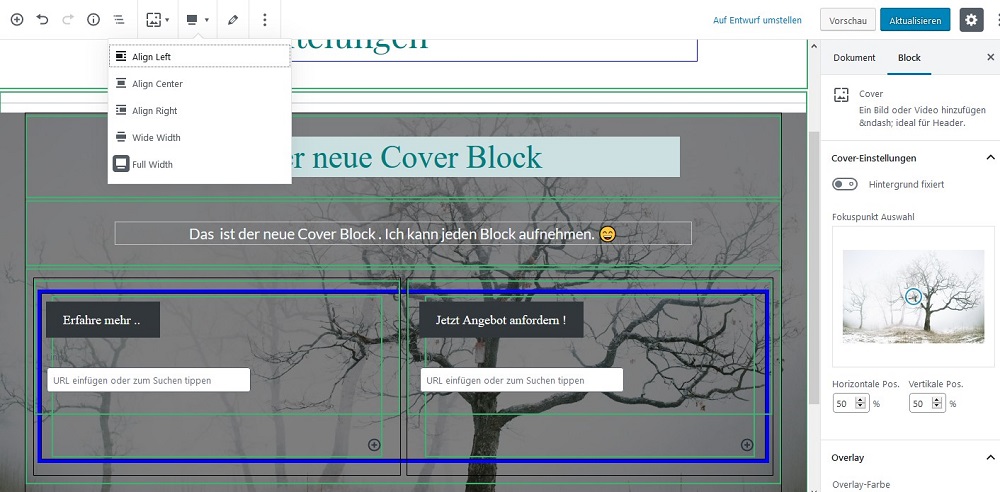
This will serve as the foundation for future improvements to WordPress, including blocks as a way not just to design posts and pages, but also entire sites. It’s built on the idea of using “blocks” to write and design posts and pages. Gutenberg, for those who aren’t actively following along, is a brand new Editor for WordPress - contributors have been working on it since January 2017 and it’s one of the most significant changes to WordPress in years. Not the ship of Theseus What is Gutenberg? It’s an exciting time, and I’m thrilled to be working with y’all on this project. For those who have other questions, I will be checking the comments here. I’ve also visited meetups, responded to review threads, kept an eye on support, and I’m in the middle of office hours with the core community.Īs we head toward the release date and WordCamp US, I’ve put many questions and answers into a Gutenberg FAQ below.
#Gutenberg wordpress full
There were some great questions and testimonials about Gutenberg, so I’d urge you to watch the full video and read the WP Tavern recap. I recently visited WordCamp Portland to talk about Gutenberg and WordPress 5.0, which will also include the new default theme Twenty Nineteen, which you’re seeing me test out on this very site. It brings us closer to our mission of democratizing publishing for everyone. But it’s a leap we need to take, and I think the end result is going to open up many new opportunities for everyone in the ecosystem, and for those being introduced to WordPress for the first time.

We are nearing the release date for WordPress 5.0 and Gutenberg, one of the most important and exciting projects I’ve worked on in my 15 years with this community. I’m looking forward to continuing to iterate on the new block editor!


It was definitely the most controversial release in a while, but the usage and adoption metrics are looking similar to previous releases. Update: On December 6th we released WordPress 5.0.


 0 kommentar(er)
0 kommentar(er)
